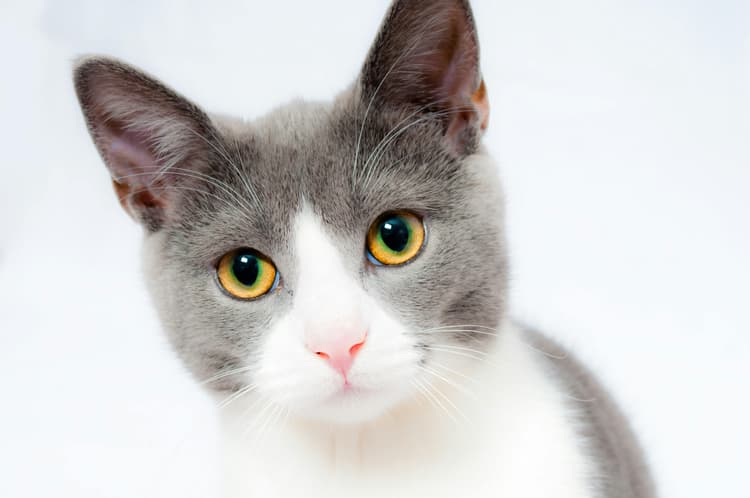Lemons are a staple in many kitchens—tart, bright, and packed with vitamin C, they add zest to salads, marinades, teas, and desserts. But when it comes to our feline companions, an important question arises: Сan cats have lemons?
The short and simple answer is no—lemons are unsafe for cats. While these citrus fruits are healthy and beneficial for humans, they contain compounds that are toxic to felines.
Can Cats Have Lemons?
The fresh, zesty scent of a lemon might make your mouth water, but is lemon ok for cats? No, it poses hidden risks for cats. Lemons contain essential oils like limonene and linalool, which cats cannot metabolize properly. Even small amounts can upset their digestive system, leading to drooling, vomiting, or diarrhea.
In addition, lemons also contain psoralens, chemicals that can cause phototoxicity. If a cat’s skin comes into contact with lemon juice or peel, sunlight exposure may trigger irritation, redness, or even burns.

Is Lemon Toxic to Cats?
Yes, according to the ASPCA, all citrus fruits—including lemons—are considered toxic to cats. The toxic compounds can affect both the digestive and nervous systems. Because cats lack the enzymes needed to break these down, ingestion can range from causing mild symptoms (drooling, gastrointestinal upset) to severe reactions (tremors, liver damage, or even collapse in extreme cases).
The severity of lemon toxicity depends largely on how much your cat ingests, but even a small nibble or lick should be taken seriously.
Can Cats Drink Lemon Water?
Lemon water may be refreshing and healthy for humans, but it is not safe for cats. Even when diluted, lemon juice contains compounds that can upset your cat’s stomach and cause digestive issues. For proper hydration, always stick to fresh, clean water only—it’s the safest and healthiest choice for your feline companion.
What to Do If Your Cat Eats Lemon

If your cats manage to sneak a bite of lemon, don’t panic—but act quickly. First, try to determine which part of the lemon (peel, pulp, or juice) and how much lemon cats consumed. Then, watch for immediate symptoms of lemon poisoning, such as:
Drooling
Vomiting
Diarrhea
Lethargy or weakness
If you notice your cat eating lemon, call your veterinarian or the Pet Poison Helpline right away for guidance. Early intervention can prevent serious complications.
Important: Never try to induce vomiting unless specifically instructed by your vet. Professional veterinary care is always the safest approach.
Related Citrus Fruits and Safety for Cats
It’s not just lemons—other citrus fruits like limes, oranges, and grapefruits are also harmful to cats because they contain the same toxic compounds. Veterinarians generally advise avoiding feeding your cats lemon altogether and keeping these fruits well out of your cat’s reach.
Conclusion
So, can cats eat lemons? The answer is clear: no. Cats and lemons are a dangerous combination. Citrus fruits—especially the rind and peel—contain essential oils, psoralens, and other aromatic compounds that are toxic to felines.
To reduce the risk of accidental exposure, always store lemons and other citrus fruits in sealed containers or places your cat cannot reach. Likewise, avoid giving your pet any human foods that contain lemon flavoring or citrus ingredients.
It’s also important to remember that lemon-scented products, such as cleaners, candles, or air fresheners, can pose risks. Keep these items safely out of reach as well.
By keeping lemons, citrus fruits, and citrus-scented items away from your cat, you create a safer, healthier, and more comfortable environment—helping your feline friend stay happy and protected.
Frequently Asked Questions
Can cats have lemons? Are cats allergic to lemon?
No. Cats should never eat lemons. Their bodies cannot properly metabolize the citric acid, essential oils, and other compounds found in citrus, which makes lemons toxic to them. Ingesting even small amounts can cause digestive upset or more serious health issues.
Do cats like lemons?
Generally, no. Cats dislike the strong, zesty scent of lemons. Their sense of smell is far more sensitive than ours, and they instinctively avoid odors linked to potentially harmful substances, according to Wag. In fact, some people even use citrus scents as a natural cat deterrent to keep cats away from certain areas.







